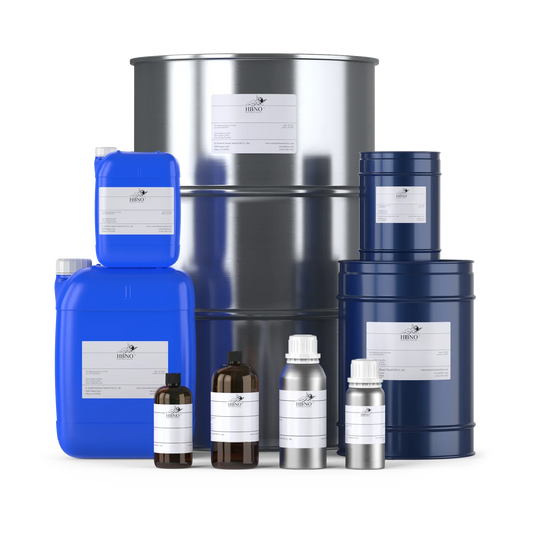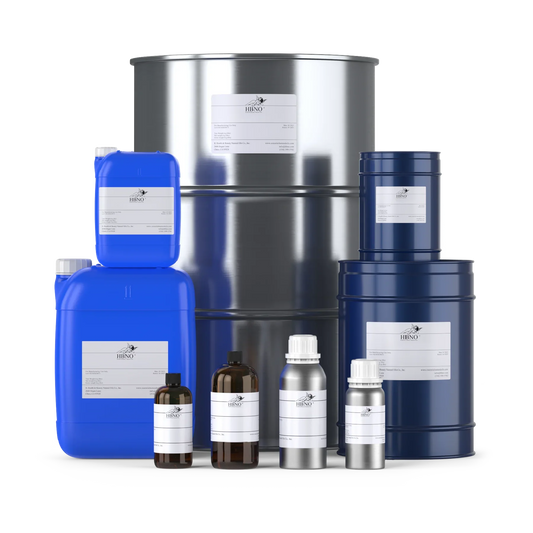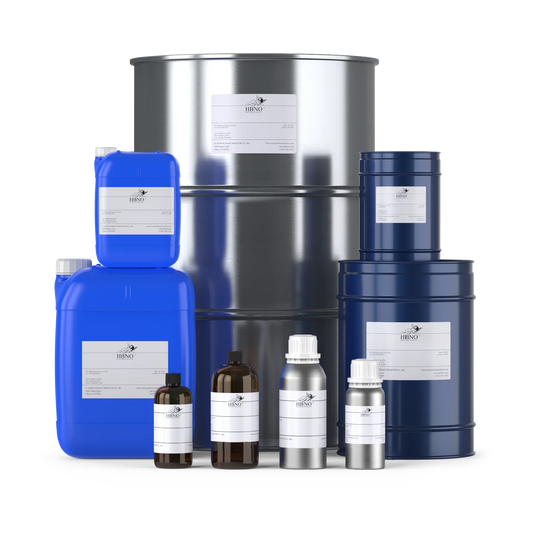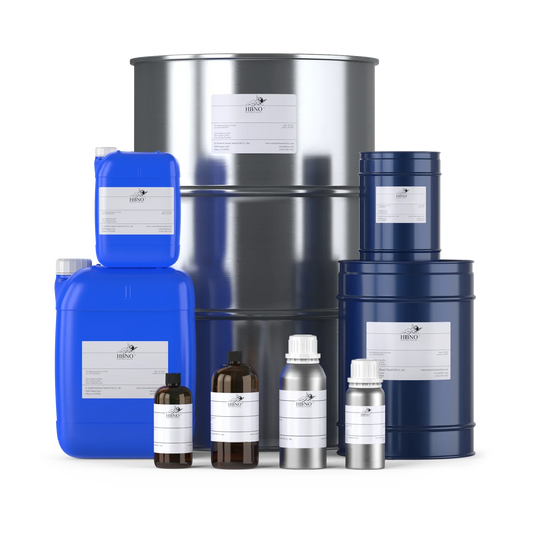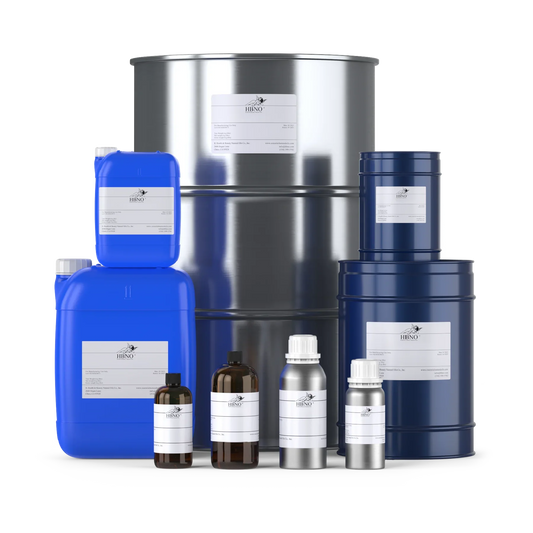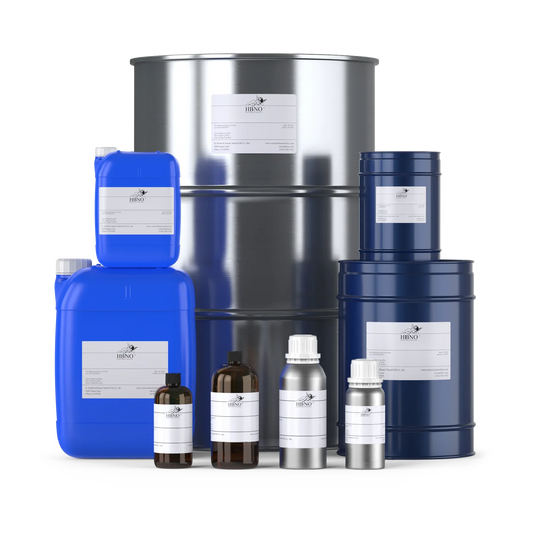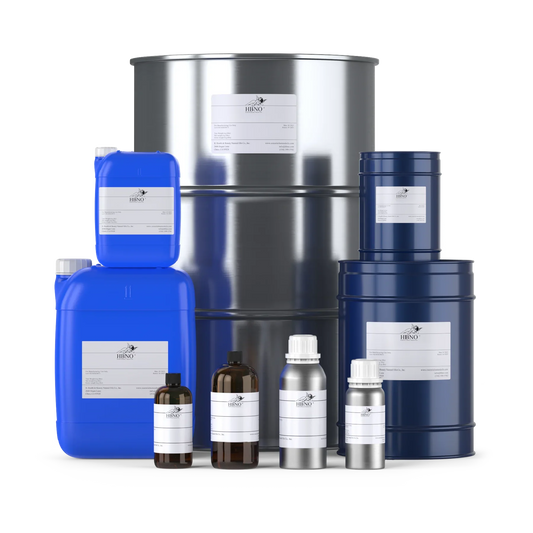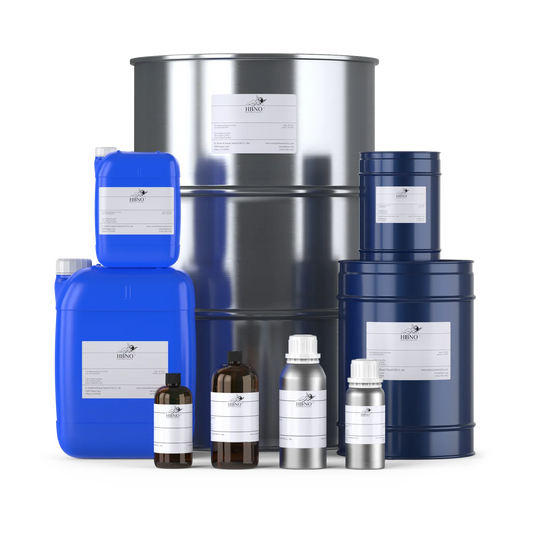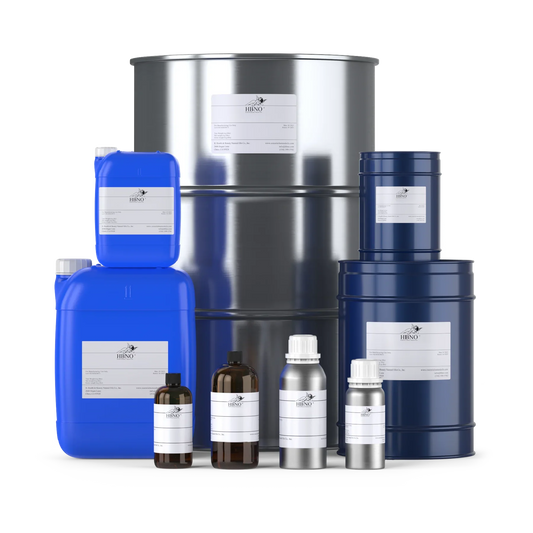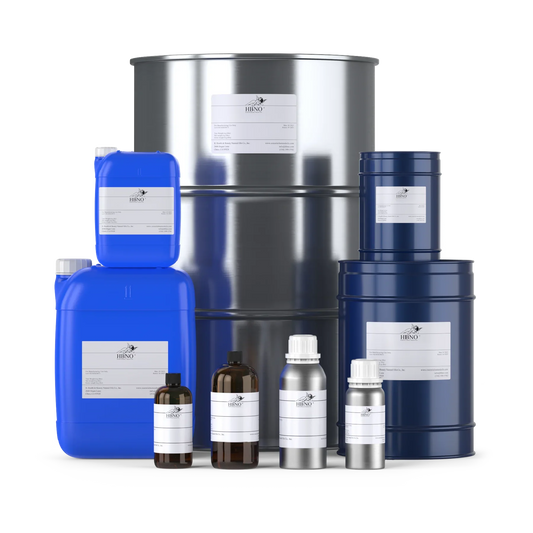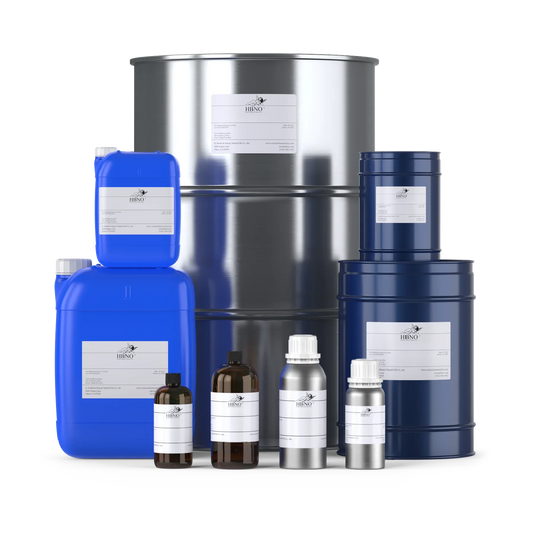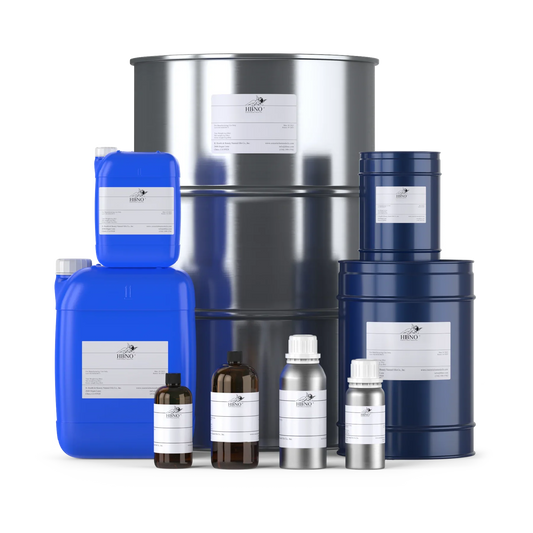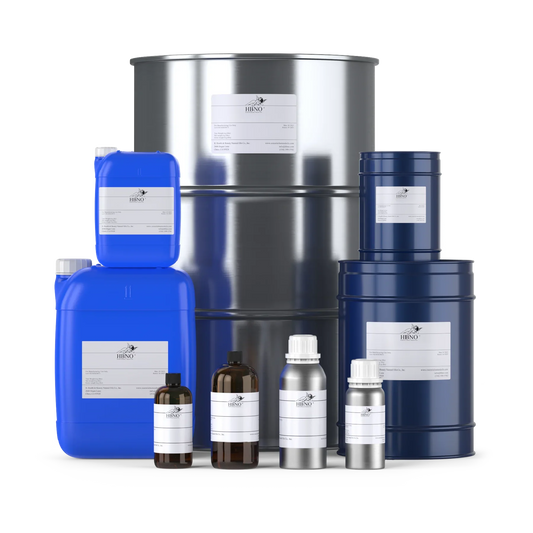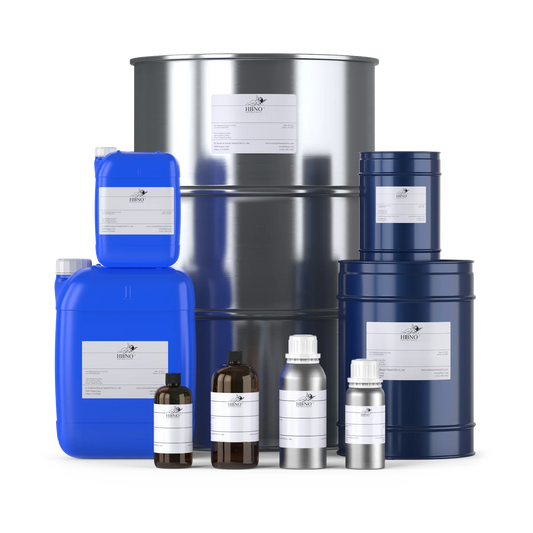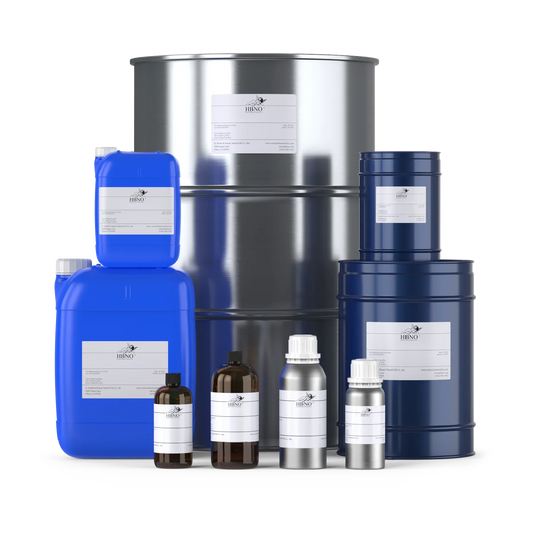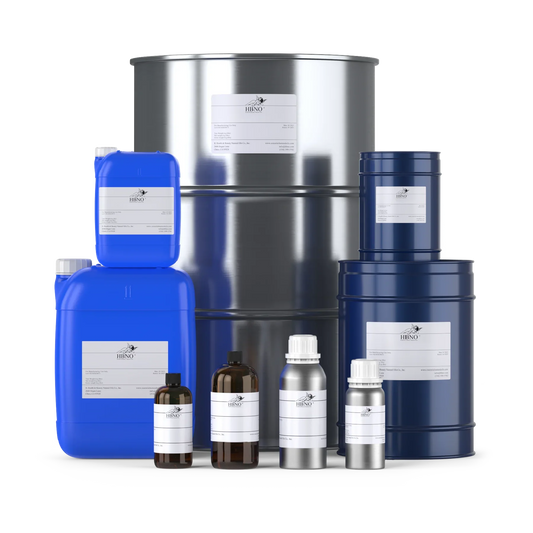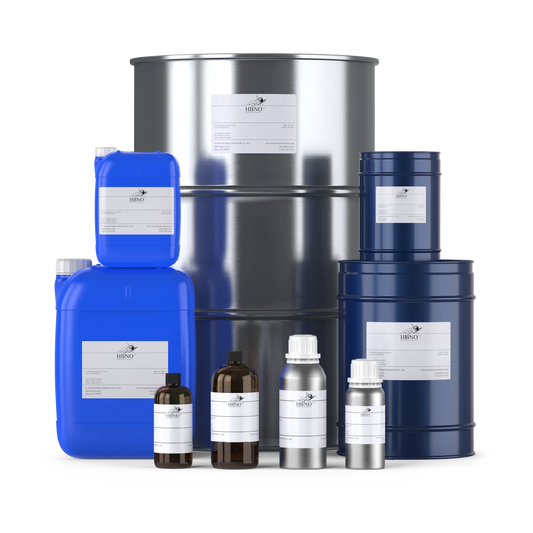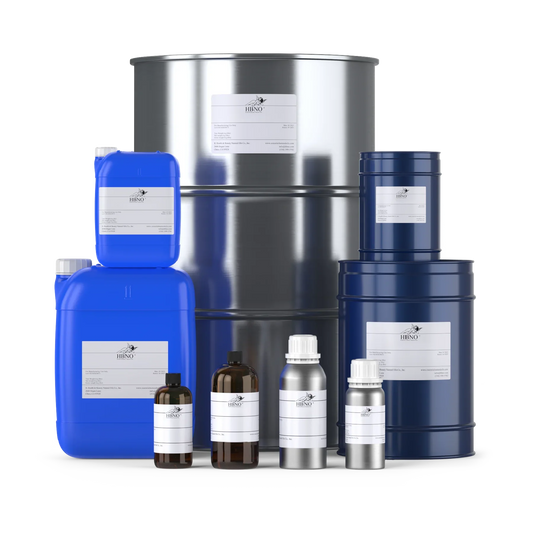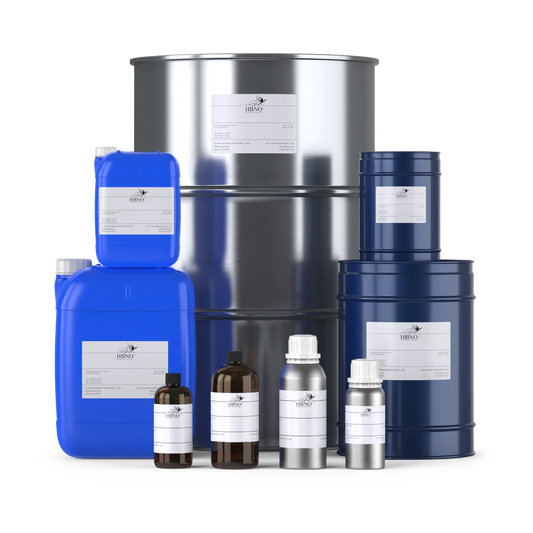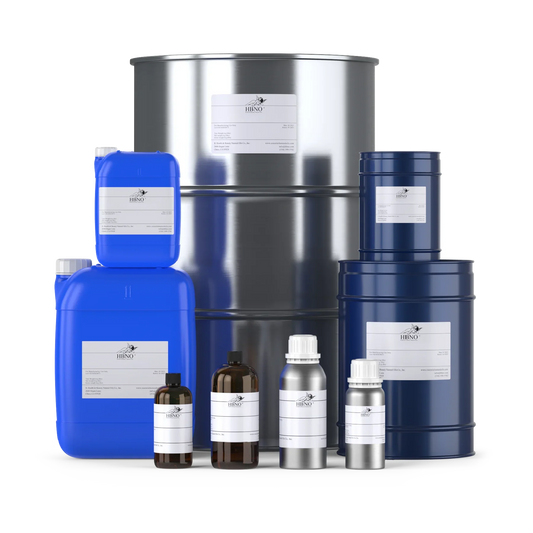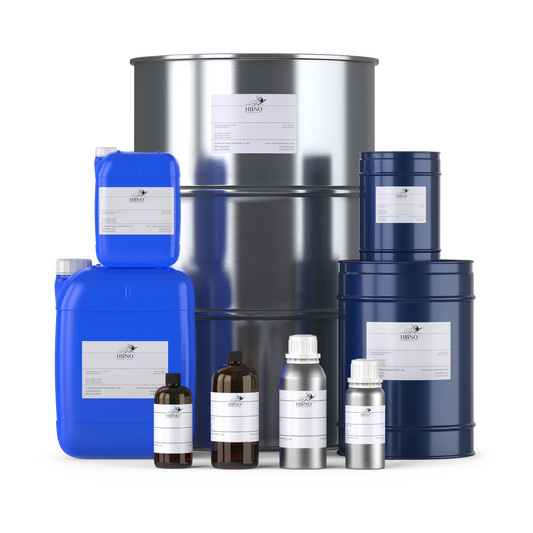Formulations
Essential oil blends
You can buy our organic essential oil blends that help support health and wellbeing. The essential oil blends wholesale with the finest quality for cosmetics manufacturers, for aromatherapy and private labels are so uplifting and energizing. Come find your favorite Angel essential oil blends that are 100% natural and pure!
HBNO™ Angel Blends
The best quality of essential oils not only have a natural aroma, but they also have several functions designed to benefit anyone who chooses to use them. The healing properties of essential oil make the product even more desirable. The best oils have been known to be used as the first aid, especially for aromatherapy, massage, spa, home care and much more.
Manufacturing of Own Essential Oil Blends and Their Purpose
Essential oils are made from ingredients produced by mother nature herself. The main ingredient of these products is aromatic fluids which can be found in fruits, grasses, trees, and a wide range of flowers. Some of the best sources of essential oils include:
-
Lavender
-
Peppermint
-
Blackseed
-
Eucalyptus
-
Chilli seed
-
Turmeric
One of the main methods we use to extract the essential oils involves the use of the cold press. This process is primarily for the extraction of oils from citrus fruits and only uses the peel and in some cases the rind to do so. This is by far the best way to get the essential oils from citrus fruits and always produce the best result. Other methods of essential oil extraction include:
-
Steam distillation
-
Absolutes
-
Carbon dioxide extraction
The main uses of these products are in aromatherapy, skincare, stress relief, production of perfumes, massage therapy, scalp, and facial hair growth, etc.
Aromatherapy is simply the use of essential oils to improve both physical and psychological health. Essential oils have not only been used in the flavoring of perfumes, applications in the detergent and food industries are also possible.
Benefits of Working With Us
The use of organic essential oil blends in skincare is becoming more popular each day. This means there are more people interested and more options to choose from. There are a couple of things that make our products more suitable for you:
-
If you are looking for where to buy essential oil blend in the US or in any other country around the globe, HBNO™ Angel is the best option for you. We are the largest provider of wholesale essential oil blends in the United States. We put a lot of dedication into producing a variety of quality products that can be used by anyone.
-
Each product is well produced with 100% organic ingredients. This reduces any chances of developing any health problems.
-
We are also among the leaders in facilitating aromatherapy. HBNO™ Angel is also a wholesale essential oil blends suppliers for different countries around the globe.
We provide bulk wholesale essential oil blends for businessmen who want to sell these products. The best part is that once procured, you have the right to resell the products under your private label.
If you want to buy essential oil blend wholesale private label, we will provide the best platform to do so. Get in touch with us and see your business take off today!


